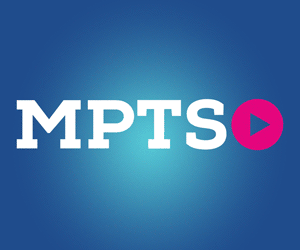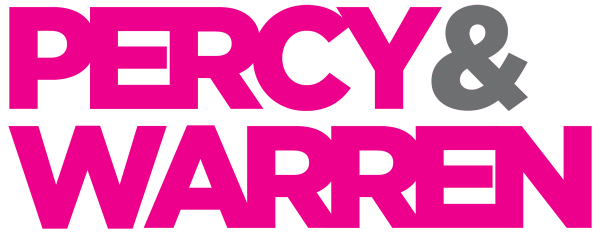UK Screen’s CEO, Neil Hatton looks at the opportunities and problems posed for our sector by the government’s proposed Apprenticeship Levy.
This time next year, the Apprenticeship Levy will be upon us. It’s the cornerstone of the government’s policy to get 3 million extra people into employment by 2020. A noble aim, but for the film and TV sector it poses some serious problems in its currently proposed form.
From April 2017, HMRC will be levying a charge of 0.5% of your payroll via real time PAYE reporting every month. This will affect all companies in all industries, but there will be a £15,000 annual allowance to offset against the charge. Therefore, if you’re a small company with a wage bill of less than £3million per year, you won’t have to pay anything. However as there’s no upper limit, the impact on bigger employers will be significant. Some of the largest UK Screen members, particularly those in the VFX sector could end up contributing as much as £200k each per year into the levy pot.
The government claim that those companies that pay the levy will be able to get more out than they put in, as their “digital accounts” will get a top-up of 10%. Smaller companies that are under the £3m threshold will effectively be able to access “free” training money from the pot. Sounds good, but here’s the rub. The funds can only be used to claim two thirds of the off-site training and assessment costs on accredited courses from accredited providers. They can’t be used to pay for course development, which is a big problem for the film and TV sector.
For VFX, the only currently accredited courses are Junior 2D Artist and Assistant Technical Director. It’s taken 18 months to get those approved via a labyrinthine and inefficient process at BIS. In broadcast TV, there are also just two courses, OB Engineer and Broadcast Production Assistant. There’s nothing specific for post production. For film, there’s only Props Practitioner.
Many of the roles where we have a shortage of skills are highly specialised but the cohort sizes for training are likely to be small, certainly when compared to the potential numbers in the construction and healthcare industries. Therefore for our sector the government’s one-size-fits-all approach doesn’t work, because our course development costs may prove to be a barrier. There’s a real danger that larger companies will decide that the cost of clawing-back what they put into the levy is simply not worth it. They might reluctantly write off the levy as just another payroll tax, unwelcome as that is in a highly competitive global industry. If the training funds aren’t claimed back, the cash is not ring-fenced and will leach out of the creative sector altogether.
If you think that’s bad then consider the effect on the production companies who already pay a voluntary training levy. They won’t be rushing to pay that if they also have to pay a compulsory levy.
There’s fresh detail due soon from the government about how the system to access the funds will actually work. Let’s hope that some of our concerns have been addressed and that the Apprenticeship Levy can be made to deliver the intended results for our sector. UK Screen will certainly be continuing to press for changes if it doesn’t. Streamlining the course accreditation process would be high on our priority list, as would the ability to use the levy to fund the course creation process.
Regardless of any concessions the government might make, with just 12 months to go before the they start taking the money, we need to act now to ensure that the right courses are up and running to give our sector a chance to get back what it puts in. UK Screen has a role to play in encouraging consortia of employers large and small to come together to create new apprenticeship standards which address the skills shortages in our industry. If that’s something that your company would be interested in doing then please get in touch with me.









